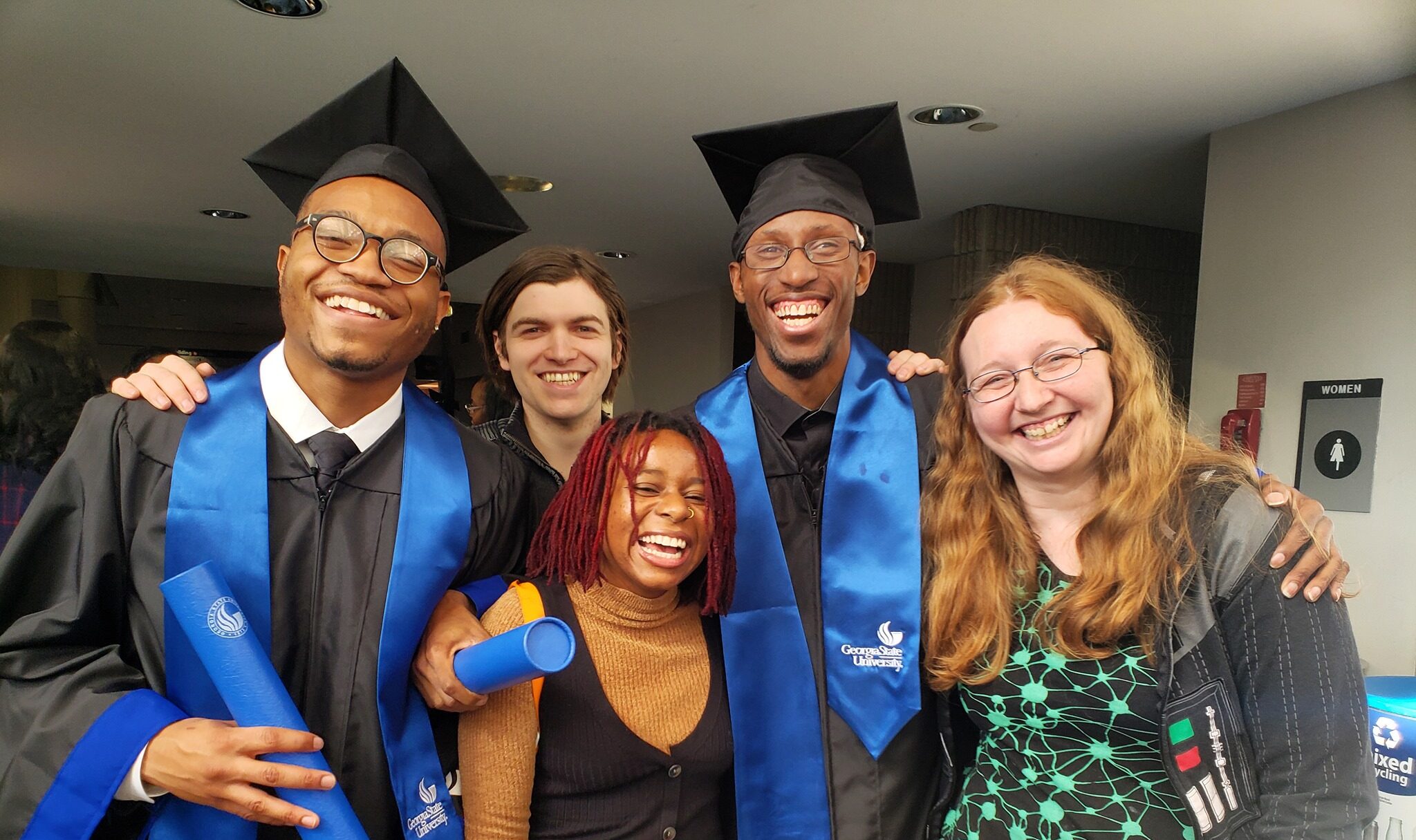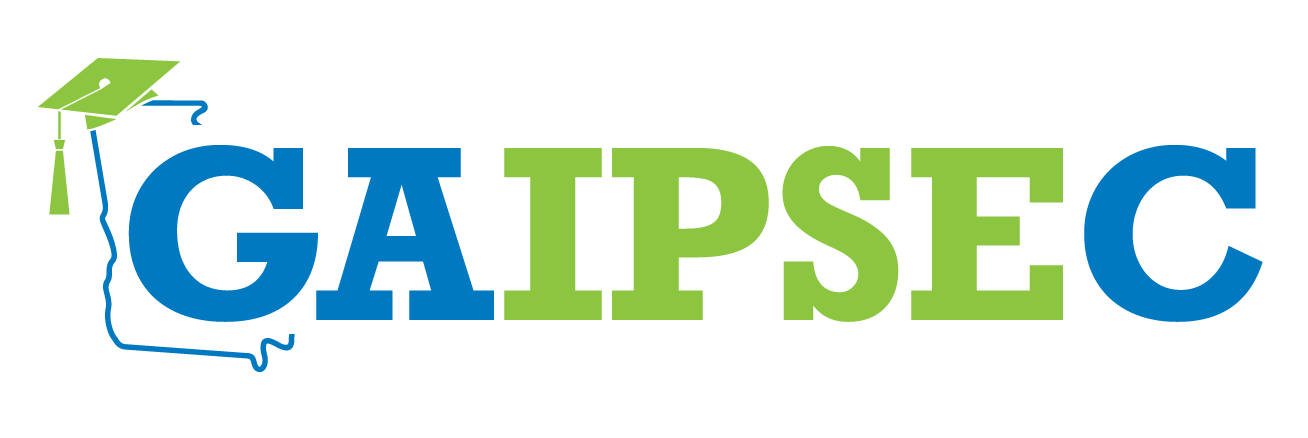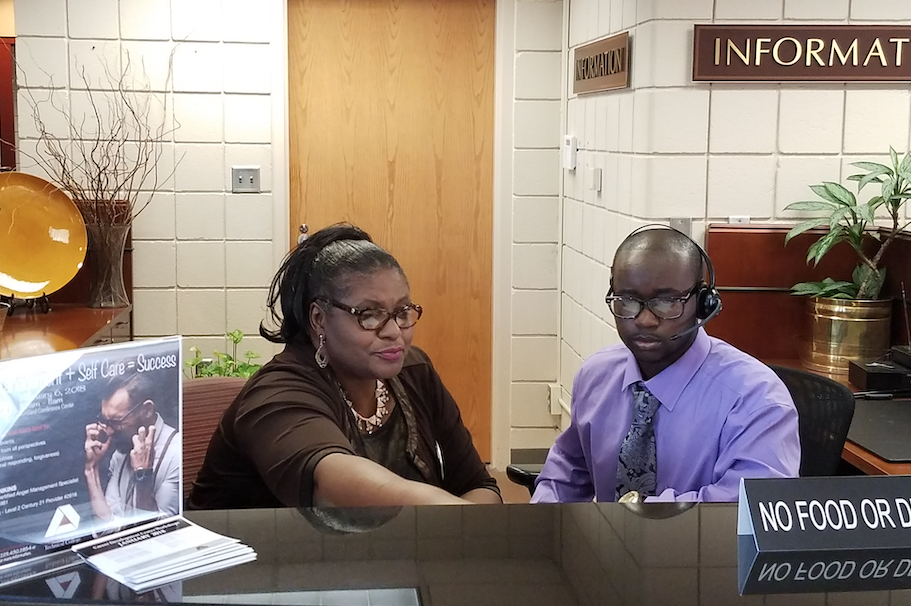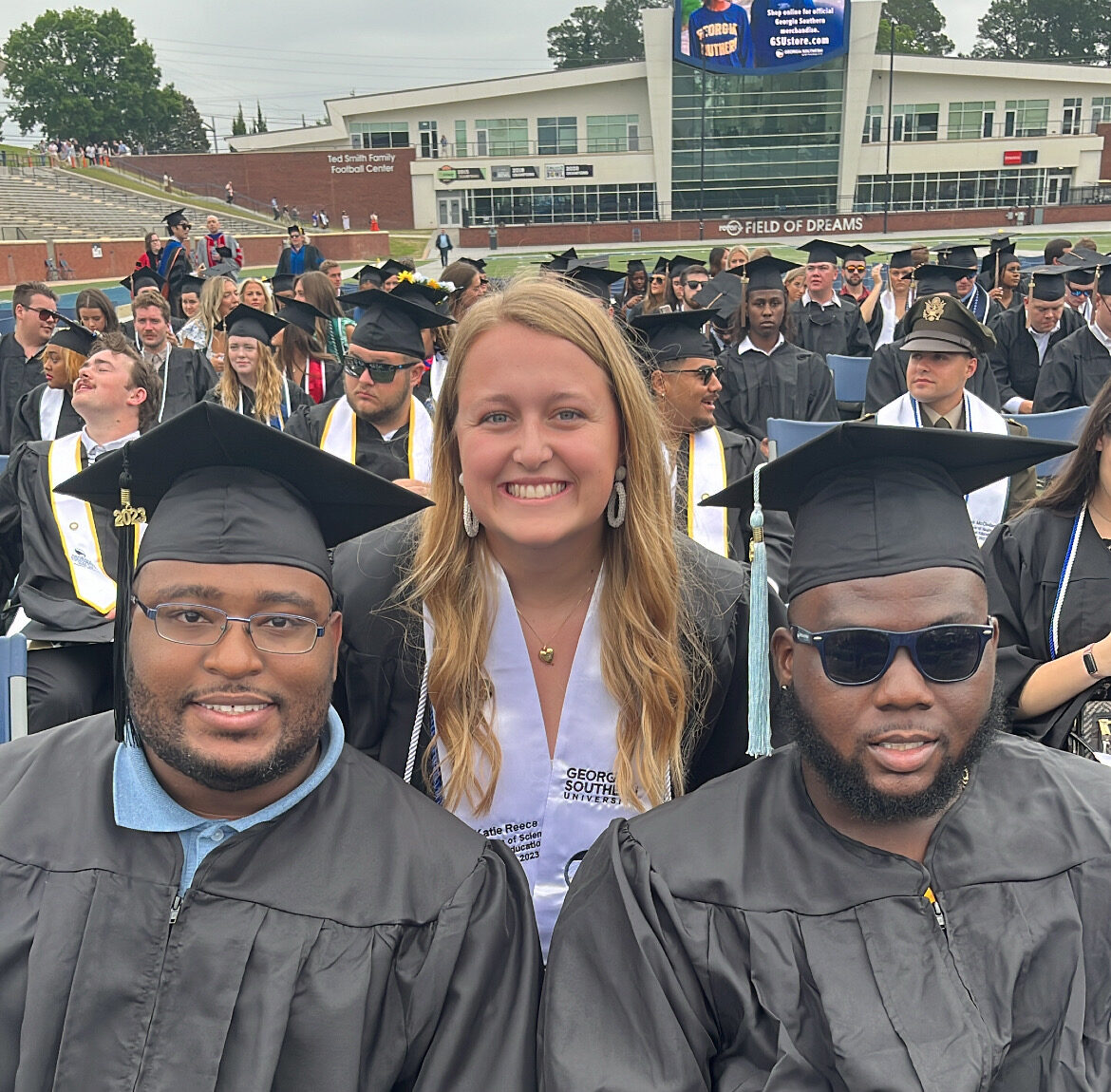Prospective Students
Welcome to Your Future: You can Include College in your plans!
Embarking on the journey from high school to college opens doors to endless possibilities. From making friends to embarking on a career path, here are some things you can consider when including college in your future.
